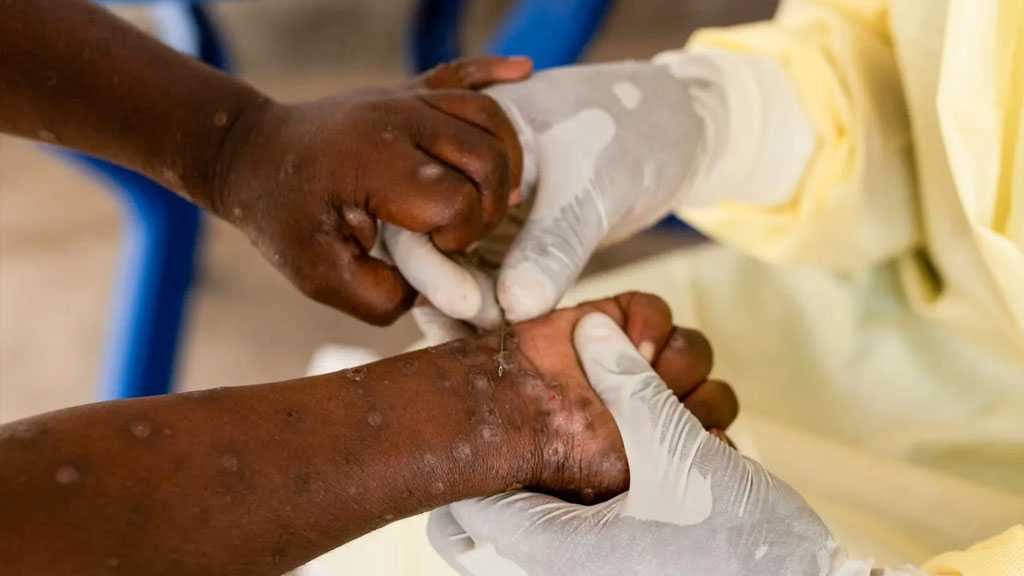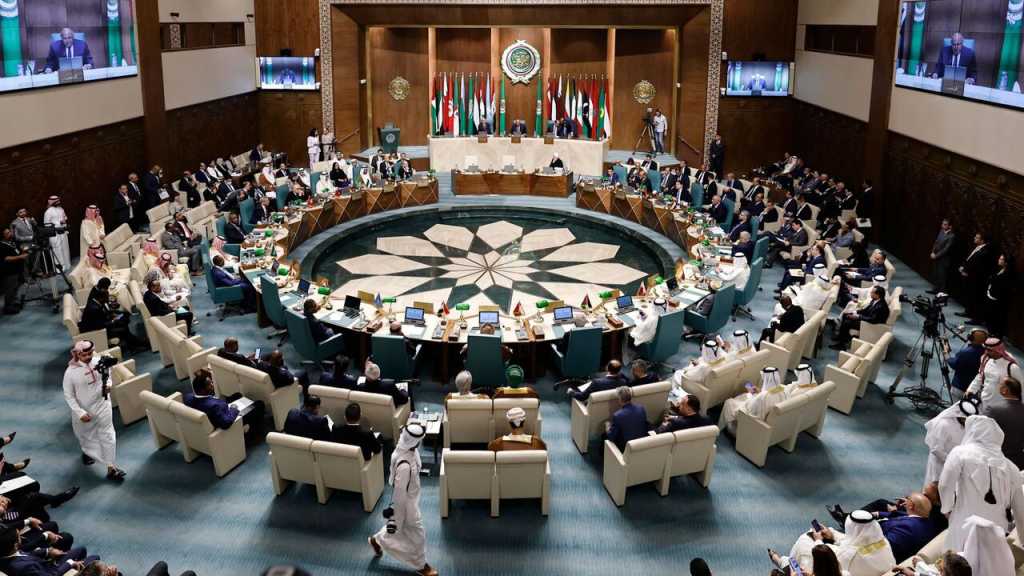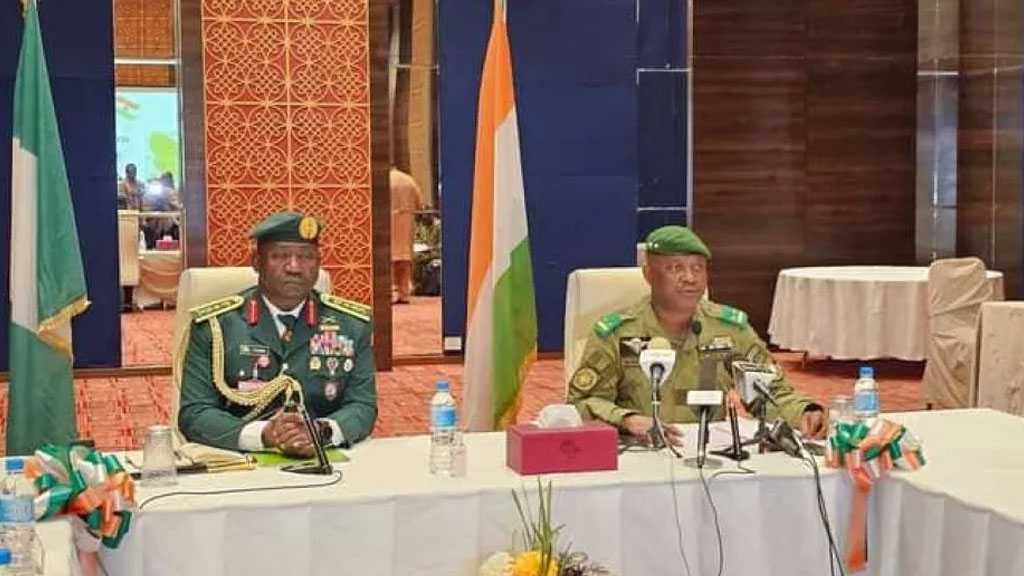Ethiopia Gov’t: Army Will Not Go Deeper into Tigray for Now
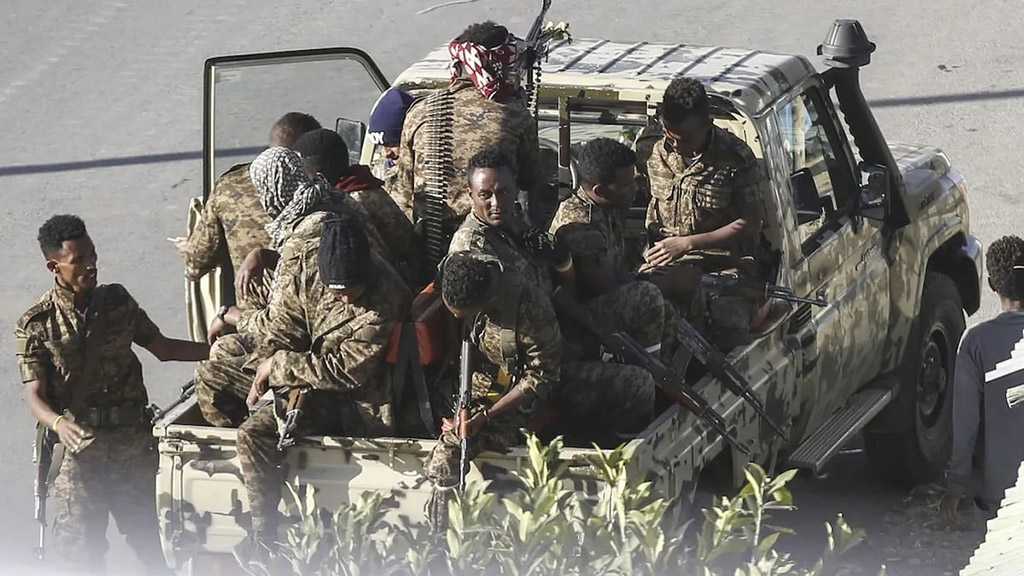
By Staff, Agencies
Ethiopia’s federal government says it has ordered its forces to not advance deeper into the war-ravaged northern region of Tigray.
The federal army and its allies have made strong advances in recent weeks, recapturing major towns and cities in the neighboring Amhara and Afar regions that Tigrayan fighters had seized earlier this year. The Tigrayan forces have been forced to retreat to their home region.
“The first phase operation to expel the terrorist group from the areas it invaded has ended with victory,” Legesse Tulu, head of the Government Communication Service, told reporters on Thursday, referring to the Tigray People’s Liberation Front [TPLF], which dominated the federal government for decades before Abiy Ahmed became prime minister in 2018.
“At this moment the enemy’s desire and ability [to engage in war] is severely destroyed,” he said. “The government will take further steps to make sure that [the Tigrayan forces’] desire won’t arise again in the future. For now, Ethiopian forces are ordered to maintain the areas it has controlled.”
The government’s announcement that its soldiers will not pursue the Tigrayan forces into their home region could be an opening that encourages a ceasefire and negotiations to resolve the conflict that has continued for more than 13 months.
Government forces stayed in Tigray for the first eight months of the war, before withdrawing in June following heavy battlefield casualties.
Tigrayan forces then invaded the Amhara and Afar regions in July, saying they wanted to break a humanitarian aid blockade on Tigray but withdrew this month after also suffering heavy battlefield casualties. The government has denied United Nations accusations it blocked food aid into famine-hit Tigray.
Earlier this week, the leader of the Tigrayan forces said its fighters have been ordered to withdraw back to Tigray.
“I have ordered those units of the Tigray Army that are outside the borders of Tigray to withdraw to the borders of Tigray within immediate effect,” Debretsion Gebremichael said in a letter to UN Secretary-General Antonio Guterres.
Debretsion proposed an immediate ceasefire to be followed by negotiations. He also proposed the establishment of a no-fly zone over Tigray to prevent air attacks over the region and the imposition of an international arms embargo on Ethiopia and Eritrea.
Air raids in Tigray have continued. On Wednesday, an air raid hit a power substation in the regional capital, Mekelle, regional media and two humanitarian sources there told Reuters news agency. One source said colleagues had been in a hospital with injured workers from the substation.
The hit jeopardises power access in the northern region, already scant following 13 months of conflict with the federal government. Power across Mekelle had been off since the strike, the humanitarian sources told Reuters.
Neither Legesse nor military spokesman Colonel Getnet Adane responded to requests for comment on the attack.
Access to the national electricity and communications networks was shut down in Tigray after federal forces left the region in late June. Tigray has had extremely limited access to regional power supplies since then. The UN has urged the Ethiopian government to restore electricity to the region.
The Ethiopian government’s military appears to have been strengthened by aerial armed drones purchased from China, Turkey and the United Arab Emirates, said William Davison, of the International Crisis Group.
“Tigray forces appear to be in a weakened position after giving up all the areas they controlled,” he said.
The brutal conflict has killed tens of thousands of people and been marked by a litany of abuses, including massacres and rape. It has also left a severe humanitarian crisis in its wake, with millions of people displaced and in need of aid.
Comments
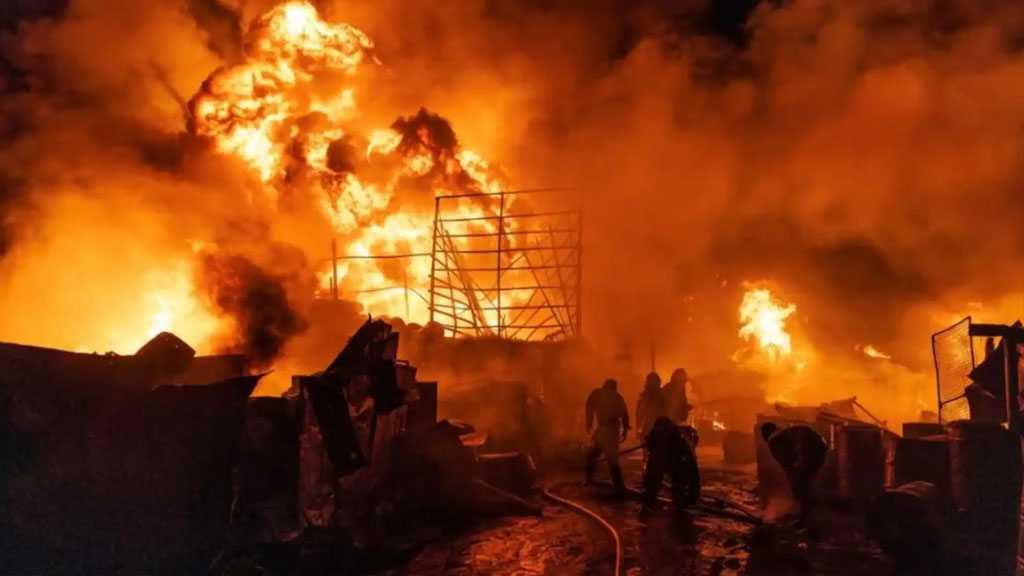
Kenya Primary School Fire Kills 17 Students
2 months ago